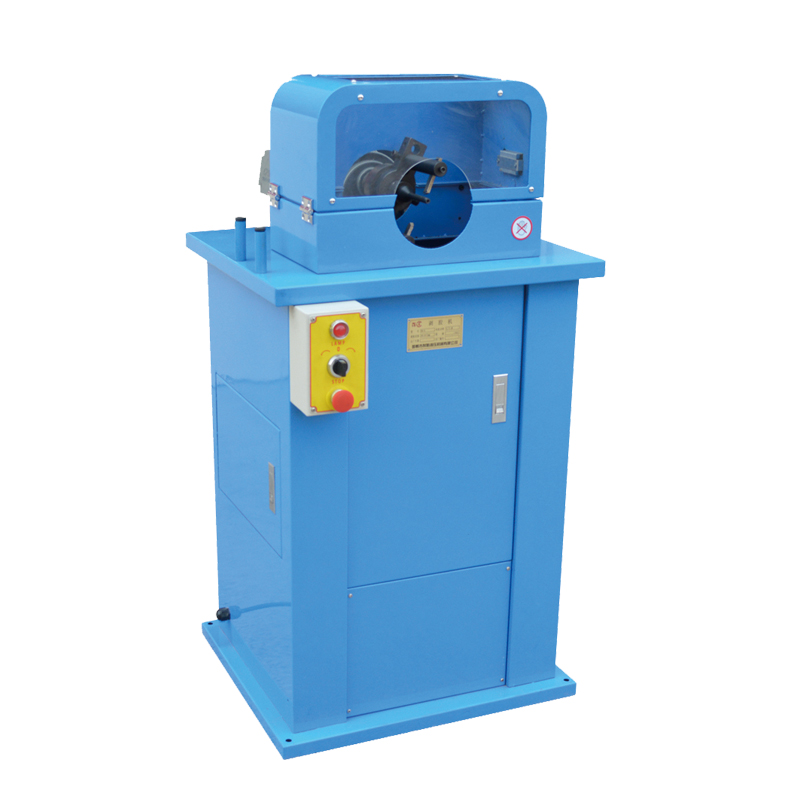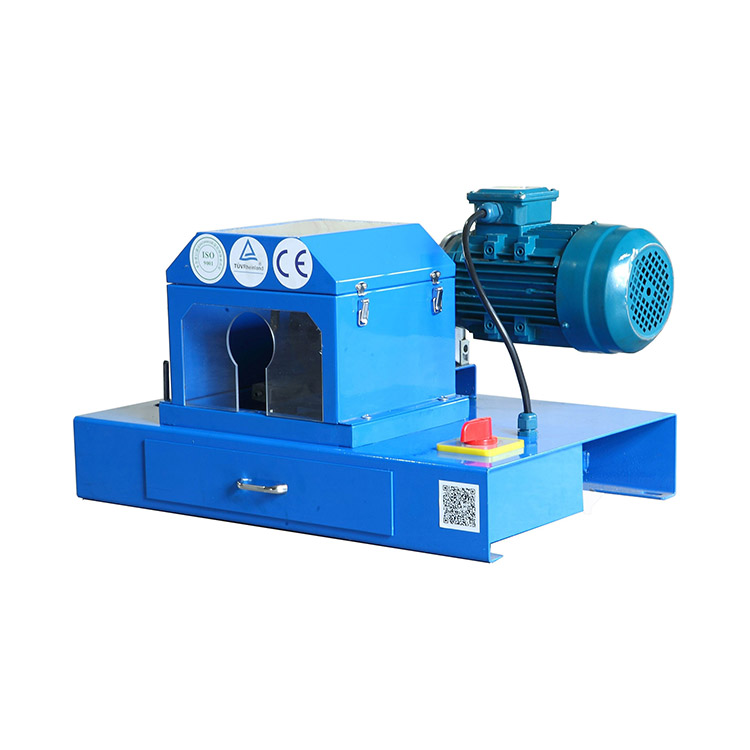

Experience dictates that maintenance is not an optional luxury but a necessary aspect of ensuring the longevity of compressed air pipes. Regular inspections to check for leaks, corrosion, and blockages prevent unforeseen failures. A diligent maintenance schedule can also preclude energy loss, saving on costs and environmental impact. The establishment of a preventative maintenance routine is a hallmark of professional operations, advocating responsibility and trustworthiness in industrial management. Emerging technologies now allow for real-time monitoring of compressed air systems, offering possibilities for preemptive problem detection and efficiency optimization. Smart systems utilize sensors and IoT technology to provide insights and predictive analytics, presenting the latest advancement in maintaining system integrity. Companies invested in such innovations are often at the forefront of efficiency and sustainability, marking them as leaders in their field. In conclusion, the selection and management of compressed air pipes require a balance of expertise, authority, and trust. Choosing high-quality materials, precision in dimensions, and maintaining a rigorous upkeep schedule are steps any industry expert would advocate. Staying ahead with technological advancements further positions any operation at the pinnacle of efficiency and reliability. Producing a seamless, effective compressed air system speaks volumes about a company’s dedication to excellence and can significantly impact productivity and operational sustainability. By following these guidelines from expert analysis, companies can ensure their systems are not only up to the current demands but future-ready as well.
Previous:
Next:
OUR LATEST NEWS
Strict quality control strict production team to ensure stable products quality. Scientific personnel management, efficient production arrangements to ensure our timely delivery.

Jun 13 2025
Unveiling the Diverse Hydraulic Hose Uses: From Construction to Automotive Excellence
In the pulsating heart of modern industry, hydraulic hoses act as the invisible architects of motion, seamlessly transferring power and fluid across a spectrum of demanding environments.

Jun 13 2025
Hydraulic Hoses for Construction Machinery: Powering Efficiency and Reliability
In the dynamic world of construction, where excavators carve through rock, loaders shuttle materials, and bulldozers reshape landscapes, hydraulic hoses serve as the vital arteries of heavy machinery.

Jun 13 2025
Essential Guide to Hydraulic Hose Cleaning Methods: Preserving Performance and Longevity
In the intricate ecosystem of hydraulic systems, hydraulic hose cleaning is the unsung practice that safeguards equipment reliability and operational efficiency.
Product Application




















